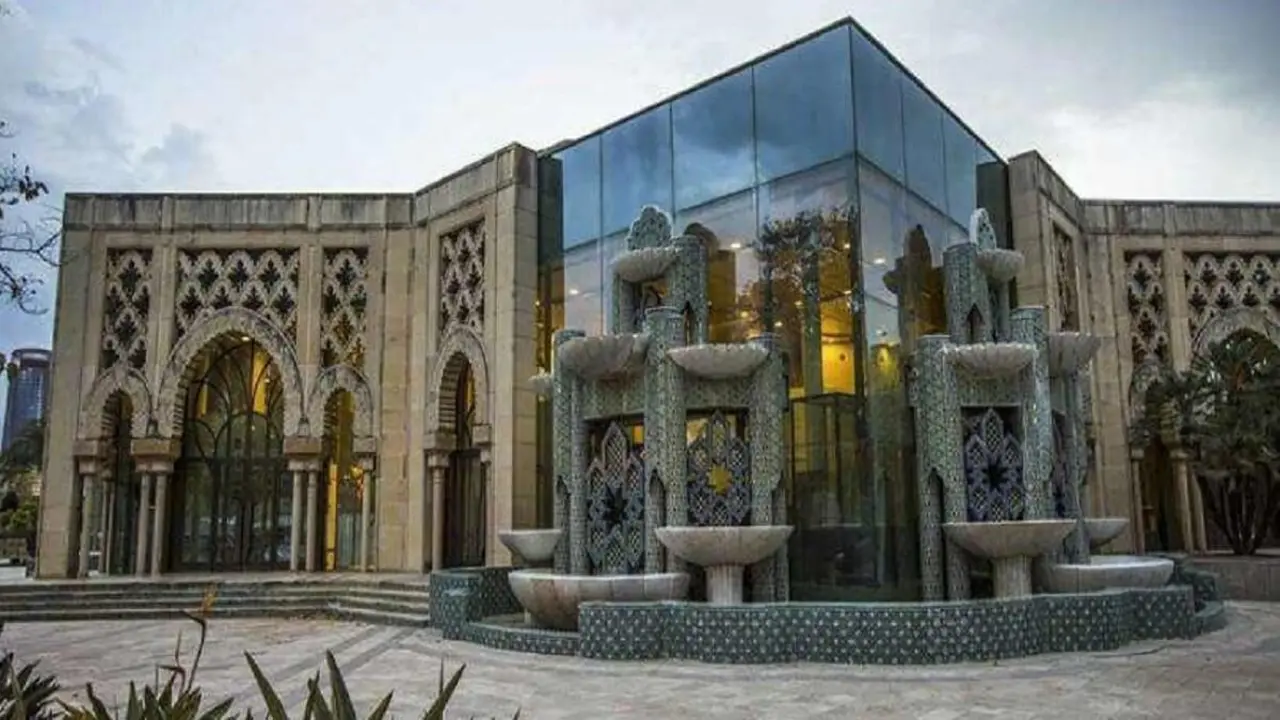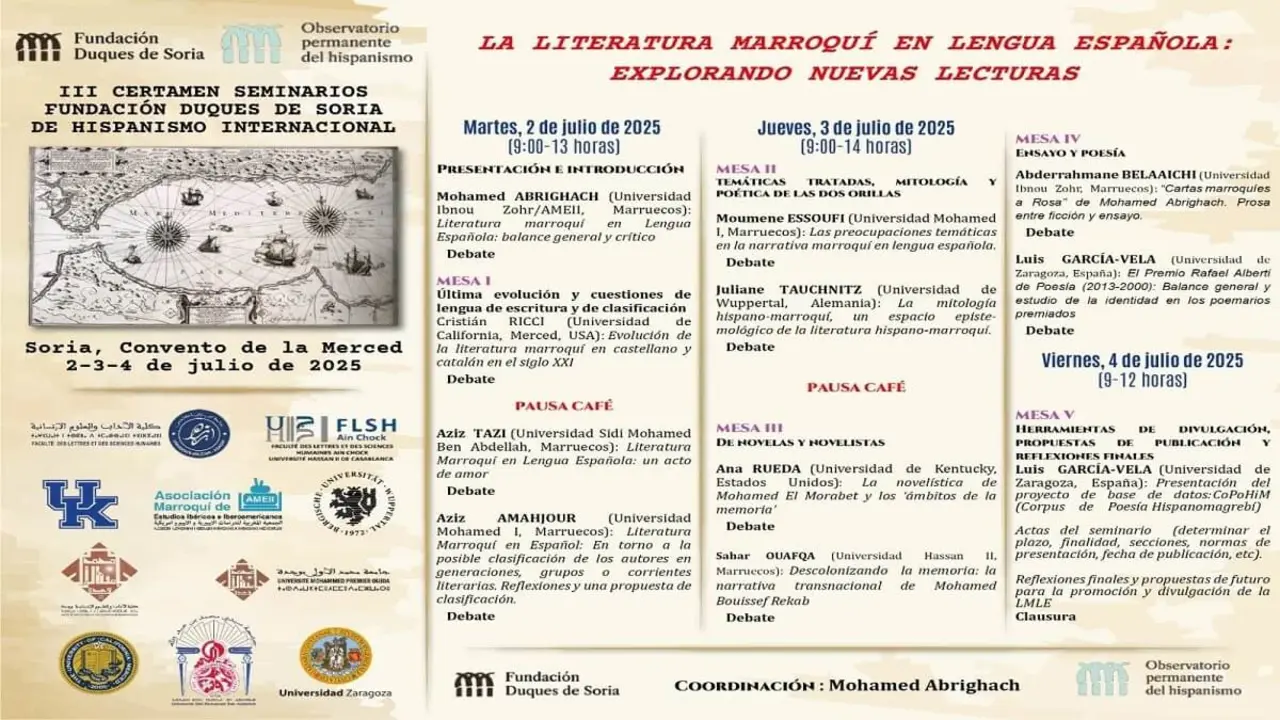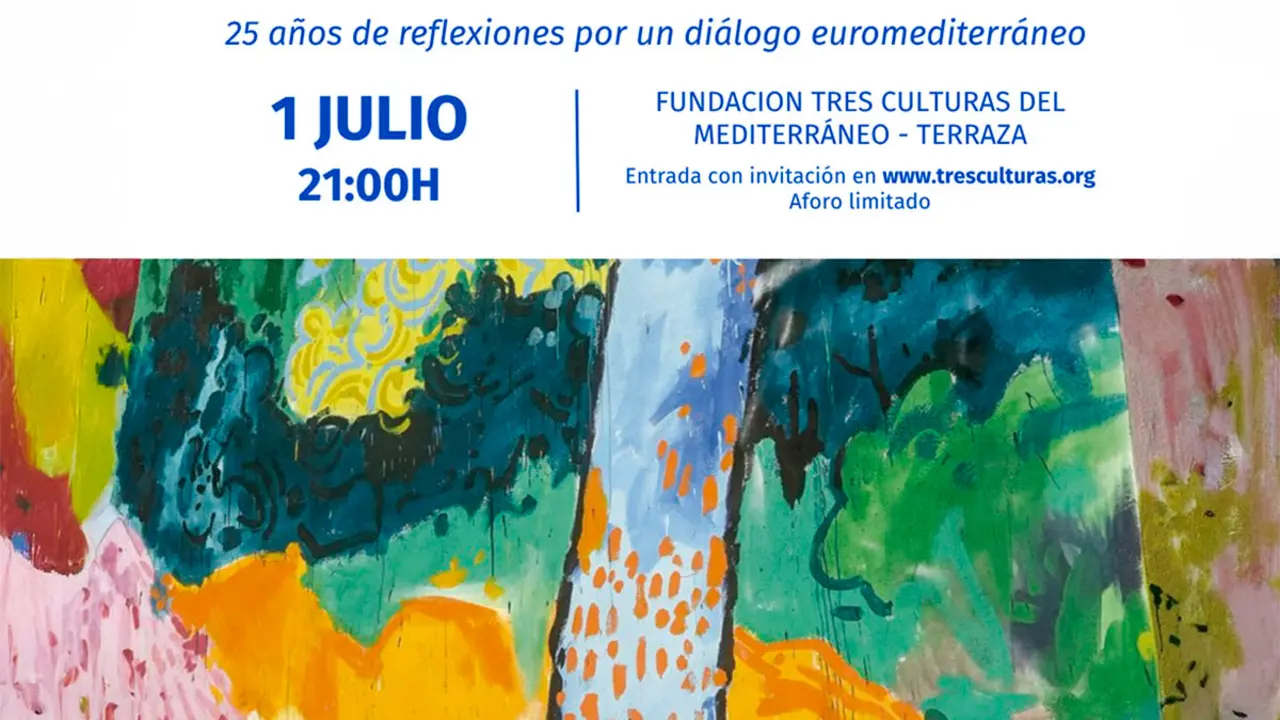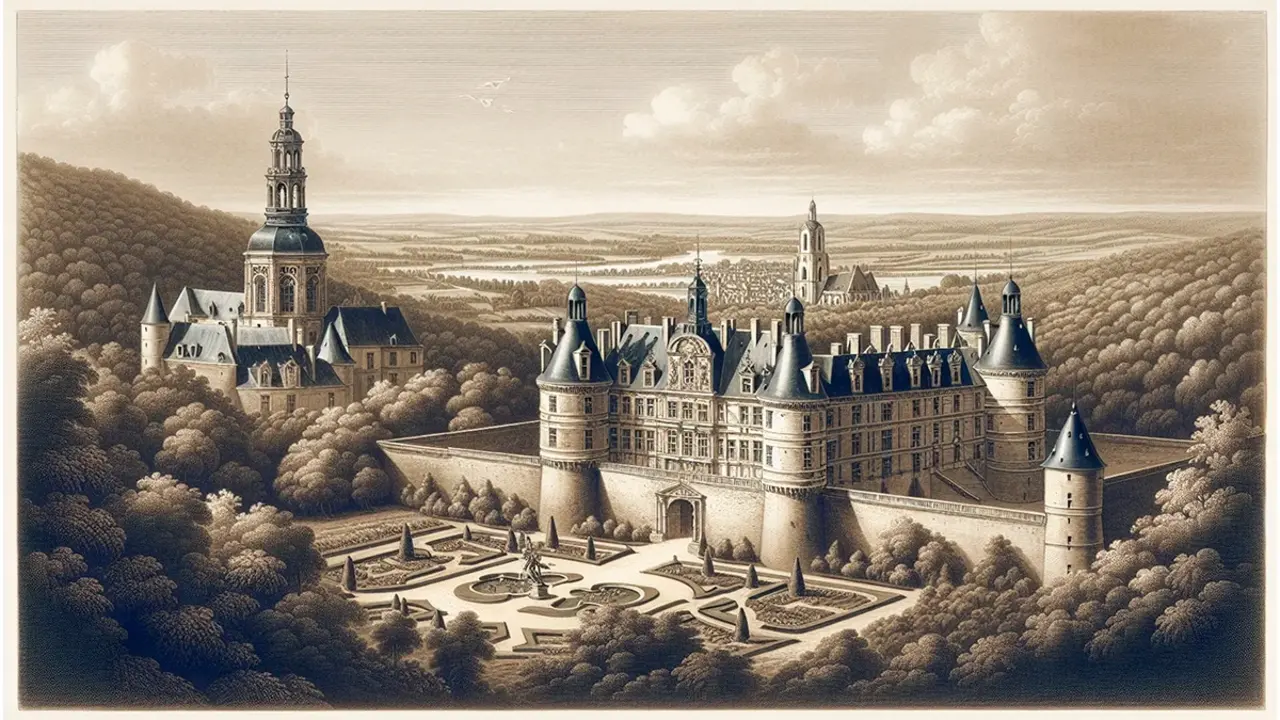Pedro Sánchez: "The new Cervantes Institute in Los Angeles aspires to be a true House of the Hispanic in California"
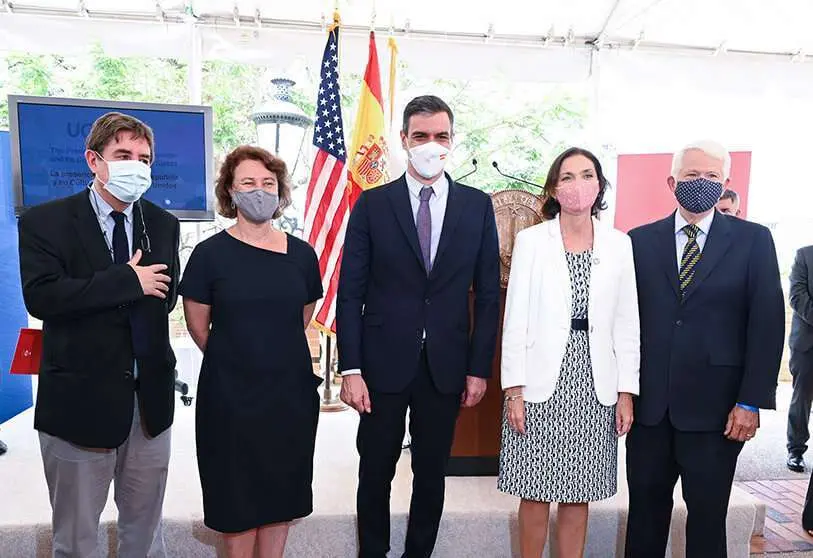
The President of the Spanish Government, Pedro Sánchez, has affirmed at the University of California (UCLA) that "the new Cervantes Institute in Los Angeles aspires to be the true House of Hispanics and the Hispanic in this region of the United States". After sharing "the good news" of the approval last week of the Royal Decree authorising the creation of this new headquarters, the President of the Spanish Government defended the potential of Spanish and its cultures in the United States at an event organised by the Cervantes Institute and the University of California, which was also attended by the Chancellor of the University, Gene Block; the Director of Cervantes, Luis García Montero, and Professor Barbara Fuchs, winner of the Ñ 2021 Award.
In his speech, Sánchez stressed that "Spanish is a language of progress and modernity, of the future and entrepreneurship", and, therefore, "we will soon correct the anomaly of the absence of a Cervantes in California, a "land of progress" - he added - where the Hispanic presence is especially significant.
After affirming that Spanish is our "best ambassador for trade, freedoms and culture", in his speech the President outlined the forecasts for the growth of our language in a country with more than 62 million people of Hispanic origin (18.7% of the total population) and where it is the second most studied language by far at all levels of education.
The event, held in the emblematic Royce Hall of the Californian university and broadcast live on the websites of La Moncloa and the Instituto Cervantes, began with a welcome from Gene Block, UCLA's Chancellor, who praised Professor Barbara Fuchs, a tenured professor at the academic institution and winner of the Instituto Cervantes' Ñ Award - in its first edition - for her contribution to the international dissemination of the literature of the Spanish Golden Age.
The Director of the Cervantes Institute, Luis García Montero, then stressed in his speech that "it is especially important to have a solid presence in the United States, which is already the second largest country in terms of the number of Spanish speakers, after Mexico, with the state of California and the city of Los Angeles playing a very important role".
"Defending Spanish means giving it prestige as a language of culture, science and technological transformation, a source of pride for its people", García Montero defended. And, in this sense, Los Angeles and California "are a point of reference in the world".
For some time now, the Cervantes Institute has been collaborating in projects in this great megalopolis, such as the Escena Festival, for classical Hispanic theatre (directed by Fuchs), or the Fusion programme, with the Mexican and Spanish consulates and the Huntington Library, to study the possibilities of interculturality.
With the new centre in the Californian city, there will be seven US cities with Cervantes Institute headquarters: New York (1995), Chicago (1996) and Albuquerque (2000); the Aula Cervantes in Seattle (2007), the Spanish Language Observatory at Harvard University (Boston, 2013), the El Paso extension (inaugurated on 23 June) and, soon, the Los Angeles centre, which is scheduled to open in 2022 with a budget of 1,158,740 euros.
"Our wish for the immediate future is to tackle more ambitious tasks in terms of not only culture, but also the teaching of Spanish as a language and collaboration with Hispanists, as well as with journalists and the media in our language", García Montero stated.
Barbara Fuchs, a prestigious Hispanist and author of numerous books and translations, and founder of an initiative to raise awareness of the Spanish Golden Age, is the winner of the first edition of the Cervantes Institute's Ñ Award, which will be presented to her by King Felipe VI at the institution's Board of Trustees meeting in October.
Before giving her the award, García Montero praised the academic's "indispensable perspective", which has allowed her to "teach us a great deal about our theatre, the benefits and difficulties of multiculturalism, relations with Anglo-Saxon culture, picaresque and the presence of women" in the Hispanic world.
For his part, President Sánchez highlighted his "impressive academic and artistic career" and declared that his figure, highlighted with this award, "can serve as a symbol of the indestructible ties that exist between Spanish and California".
"In a region with 4 million Spanish speakers, there is still the idea that "the classics" are mainly Shakespeare. But the classics have many flavours, those of Lope or Sor Juana Inés de la Cruz, for example", said Fuchs in his speech. He stressed that many of his students regret not having studied "our classics" at school.
He added that Spanish is not only a language used at home, but also a language of culture and art. "In the US, the conversation about diversity in theatre has been mainly about who performs, but it should also extend to what kind of plays are performed".
The event was attended by around 100 representatives from the cultural, academic, business and diplomatic worlds of Los Angeles. Held in the iconic Royce Hall (completed in 1929), one of the four original UCLA buildings that has become the image of the university, it was the most cultural activity of the official trip - of a markedly economic and commercial nature - that the President of the Government is making to the United States, which took him to New York yesterday, and which ends in San Francisco.
Sent by José Antonio Sierra, Hispanism advisor.

